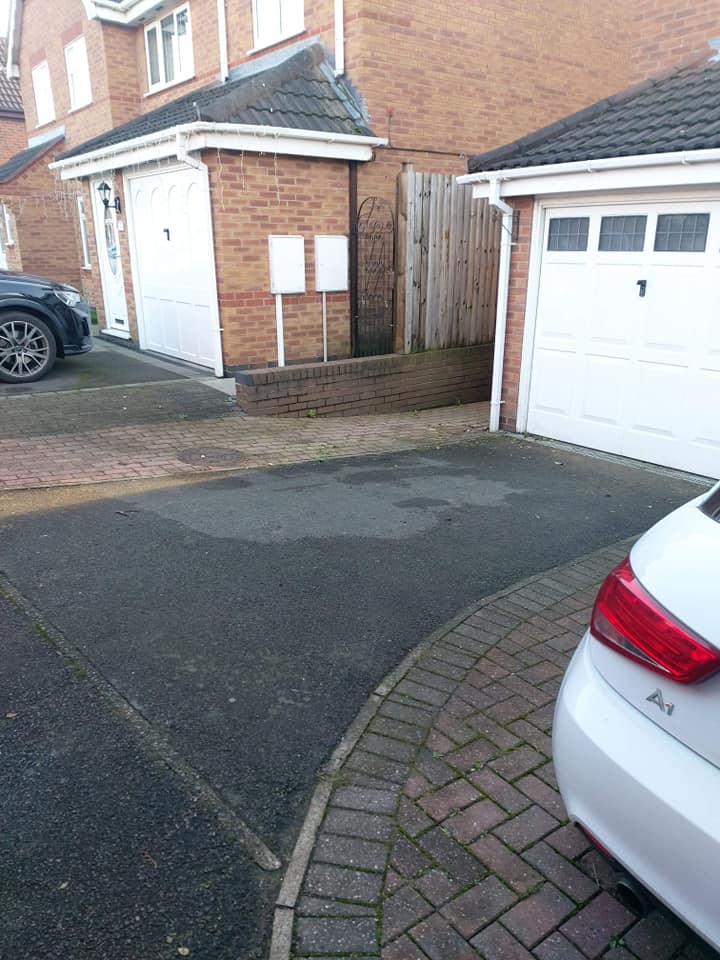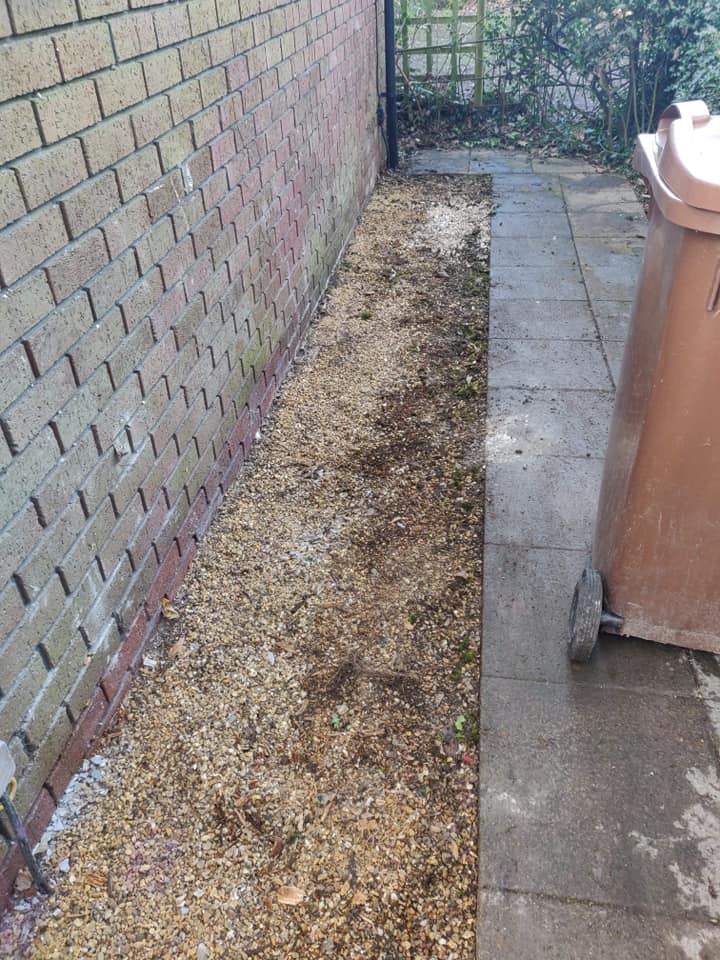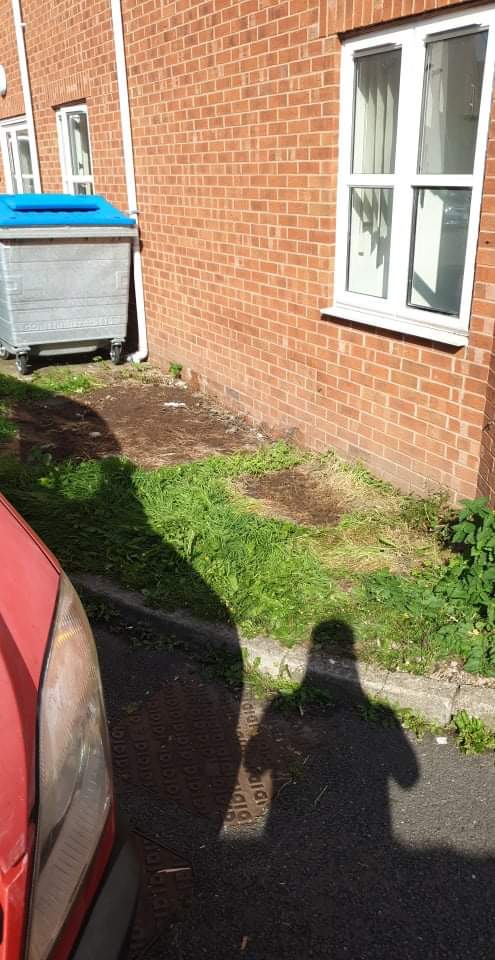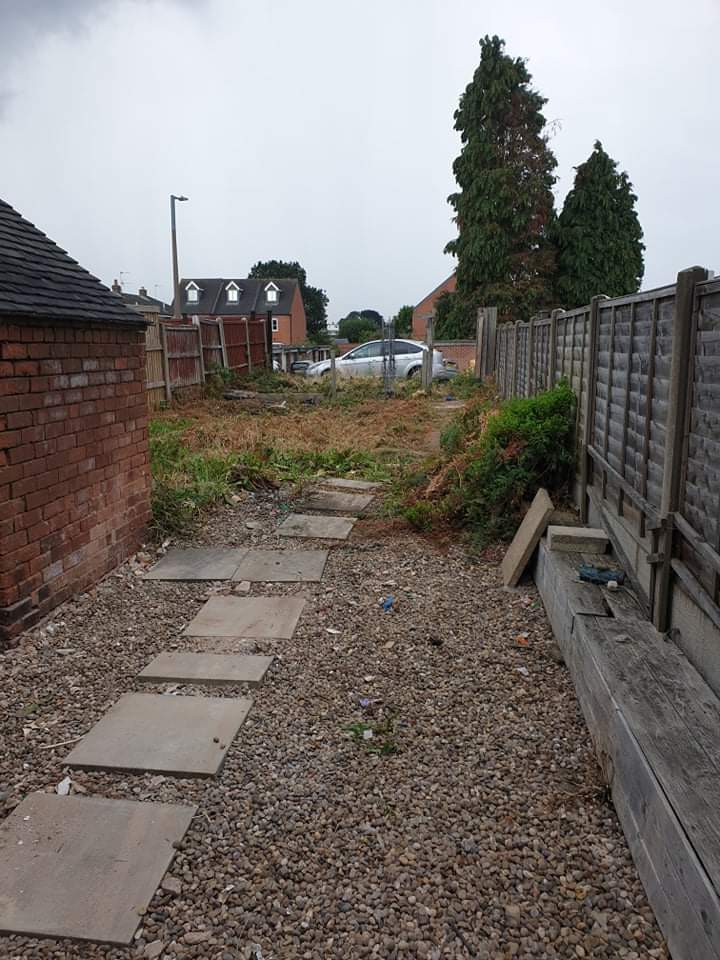
As the world continues to urbanise and industrialise, the need for efficient, sustainable waste management systems becomes increasingly urgent. Traditional disposal methods are no longer sufficient to handle the rising volume and complexity of waste. In response, new technologies, regulations, and environmental goals are shaping the future of waste management. From AI-powered systems to circular economy models, this blog explores the key trends businesses should watch and adopt to remain compliant, cost-effective, and environmentally responsible.
Why Waste Management Needs to Evolve
The growing scale of global waste
Global waste production is increasing at an alarming rate. According to the World Bank, annual waste generation is expected to reach 3.4 billion tonnes by 2050. This surge is driven by rapid urban development, population growth, and higher consumption levels. Without efficient waste handling solutions, this rise poses a major environmental and logistical challenge.
Environmental and economic consequences
Inefficient waste management leads to overflowing landfills, increased greenhouse gas emissions, and polluted ecosystems. These issues also carry financial consequences for governments and private organisations, with rising costs for disposal, fines for non-compliance, and reputational damage. As a result, businesses must rethink how they manage waste, not just to meet regulations but to reduce long-term costs and protect the planet.
What’s Driving the Future of Waste Management?
Climate goals and legislative pressures
Governments across the UK and beyond are setting strict targets to cut carbon emissions. Waste plays a significant role in achieving these climate goals. New legislation, such as the Extended Producer Responsibility (EPR) and Deposit Return Schemes, holds manufacturers accountable for the waste their products create. These changes are driving businesses to adopt more sustainable practices and technologies to stay compliant.
Consumer expectations and corporate responsibility
Today’s consumers expect companies to take clear action on environmental issues. Sustainability is no longer optional—it’s a competitive differentiator. Businesses that adopt transparent, responsible waste management systems not only comply with regulation but also enhance brand trust and customer loyalty.
The Rise of Digital Waste Management
The role of smart bins and IoT
Smart bins equipped with IoT sensors are transforming the way waste is monitored and collected. These bins detect fill levels in real-time, helping waste operators optimise collection schedules, avoid unnecessary pickups, and prevent overflows. With adoption expected to exceed 2 million smart bins globally by 2025, the technology is fast becoming standard in urban and commercial environments.
Using AI and data for predictive waste collection
Artificial intelligence and machine learning are revolutionising the planning of waste operations. By analysing patterns in waste generation, AI tools can predict peak periods, identify high-waste zones, and recommend optimal collection times. This leads to reduced emissions, improved recycling rates, and more efficient resource allocation.
Route optimisation with real-time insights
GPS tracking and digital dashboards allow operators to adjust collection routes based on traffic, weather, and fill data. This not only reduces fuel use and emissions but also lowers costs and enhances service reliability. Many waste management software providers now include route optimisation as a built-in feature.
Sustainable and Circular Waste Strategies
Moving from linear to circular economy models
The traditional “take-make-dispose” approach is being replaced by circular economy models, where materials are reused, recycled, or repurposed at every stage of the product lifecycle. This approach reduces waste, conserves natural resources, and minimises the environmental impact of production.
Reducing landfill dependency
Reducing reliance on landfill is essential for long-term sustainability. Modern waste management systems focus on diverting materials away from landfill through composting, recycling, and energy recovery. Technologies like anaerobic digestion and plasma gasification are being deployed to treat organic and industrial waste more efficiently.
Integrating reuse and recycling at the source
Businesses are now designing processes to separate and sort waste at the point of generation. Smart segregation improves recycling rates and reduces contamination, helping organisations meet regulatory targets while recovering value from waste materials.
Benefits of Smart Waste Management Systems
Real-time monitoring and compliance
Digital platforms give waste managers instant visibility into bin levels, container tracking, and disposal records. These insights improve compliance with environmental regulations and simplify reporting for audits and sustainability certifications.
Reducing operational costs
By automating routine tasks and optimising collections, businesses can reduce labour, fuel, and disposal costs. Predictive analytics also help minimise waste-related disruptions and prevent fines from missed pickups or illegal dumping.
Enhancing efficiency and environmental reporting
Advanced waste management systems generate detailed reports that help businesses track key metrics such as waste diversion rates, recycling performance, and carbon emissions. These insights support internal decision-making and external ESG reporting requirements.
Future Challenges for Waste Management
Data privacy and digital transformation
As waste systems become more digital, concerns over data security and privacy are growing. Businesses must ensure that any platforms used comply with data protection standards and have robust cybersecurity measures in place.
Adapting infrastructure and workforce
Implementing new technology often requires upgrades to vehicles, bins, and backend systems. Staff must also be trained to use new tools effectively. This transition can be costly and time-consuming, especially for smaller operators.
Balancing cost with environmental goals
While green technologies often result in long-term savings, the upfront investment can be a barrier. Striking the right balance between environmental responsibility and financial viability is a key challenge for waste management in the years ahead.
What Businesses Can Do Today
Embrace software-led waste management
Investing in waste management software allows businesses to track, measure, and optimise waste processes. These tools simplify compliance, boost sustainability efforts, and help organisations stay ahead of industry changes.
Train staff on new tech and data practices
Ensuring that staff understand how to use smart systems and interpret waste data is critical for success. Training also encourages better segregation practices and waste reduction at source.
Align with environmental KPIs
Setting clear sustainability goals—such as increasing recycling rates, cutting landfill waste, or reducing emissions—helps track progress and motivates teams. KPIs should align with both company values and regulatory targets.
FAQs
What is the future of waste management in the UK?
The UK is moving towards a digital, sustainable waste system led by smart technology, regulatory reforms, and circular economy principles. Expect wider use of AI, IoT, and data analytics in the years to come.
What technologies are shaping the future of waste management?
Key technologies include IoT sensors, AI for predictive waste collection, smart bins, route optimisation tools, and advanced recycling methods such as anaerobic digestion and plasma gasification.
How can businesses reduce waste and costs at the same time?
By using smart waste management systems, businesses can reduce collection frequency, prevent overflows, improve recycling rates, and generate data-driven insights that lead to operational savings.
What is circular waste management?
Circular waste management focuses on reducing waste by reusing and recycling materials rather than sending them to landfill. It supports sustainability goals and conserves natural resources.
How can small businesses adopt smart waste solutions?
Many digital waste platforms offer scalable solutions suitable for SMEs. Starting with simple tools like bin sensors or mobile tracking can lead to major improvements in efficiency and compliance.




